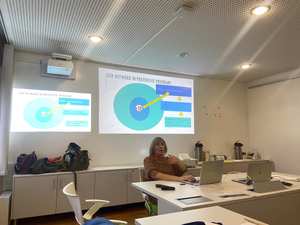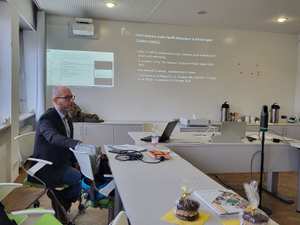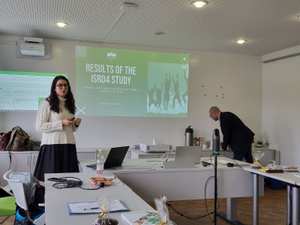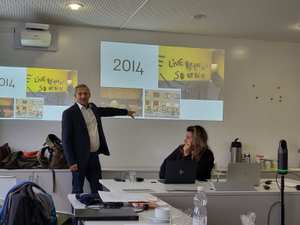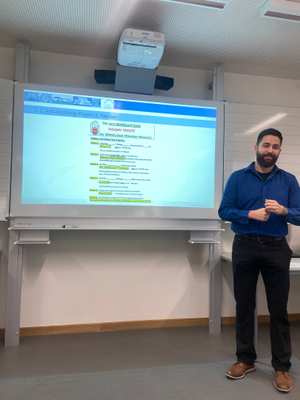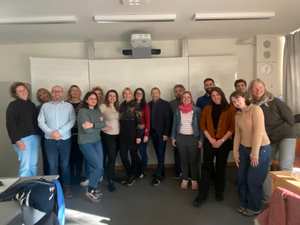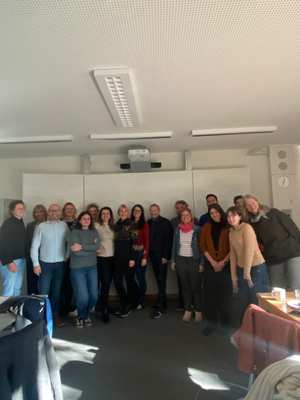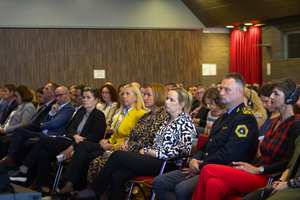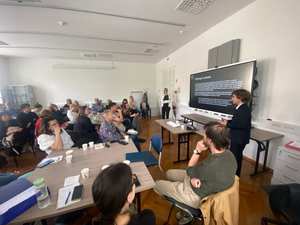About the Project
Introduction in Points
This project aims to develop a bullying prevention program, which will include know-how of researchers and experts from numerous universities, experience and knowledge from people working within educational field (school inspections, teacher training agency, schools, NGOs), evaluations of existing bullying and violence prevention programs and upgraded by unique understanding of the role of the community in bullying prevention. With this, we will provide a firm base for safer environment and enable teachers, school counsellors, school leaders, students, parents, and the wider community to successfully deal with school bullying and peer violence.
1.
Understanding
the Impact of Bullying
Bullying is not just a personal issue—it’s a societal one. Since the 1970s, research has highlighted the harmful effects of bullying on victims, perpetrators, bystanders, and the wider community. From mental health issues and social isolation to lower academic performance, bullying affects everyone, including teachers, parents, and schools. Its effects can last a lifetime, contributing to fear, low self-esteem, and even extreme violence. Addressing bullying is crucial to fostering healthy communities and safe learning environments.
2.
Bullying and peer
violence prevention
Although bullying and peer violence can hardly be completely eliminated, studies show there are effective ways to deal with this phenomenon. Scientific evaluations of prevention programs show success in reducing various forms of bullying and victimisation, increasing empathy, and consequently decreasing anxiety and depression. All this leads to improved conditions for victims, parents and siblings, teachers, schools and even communities.
3.
Engaging the Community:
A Holistic Approach
Preventing bullying requires the involvement of everyone—students, teachers, parents, and community. This project takes a comprehensive approach, drawing on experiences from other countries, upgrading them with unique theoretical approach and national know-how. The program is developed by universities, Ministries of Education, international experts, and schools, ensuring a strict scientific foundations combined with practical experiences.
4.
Building the Program
Year One (2024/2025)
The first year of the project is dedicated to development of the preventive program and research. Teams from Slovenia and Croatia will conduct qualitative and quantitative analyses of the current situation at included schools. Activities include also case study analysis, study visits to Malmö and Munich, an international conference, and a 3-day workshop in Ljubljana. This phase will produce two key resources: a guidebook for schools on implementing bullying prevention and a comprehensive handbook for teachers, parents, and community members on their roles in bullying and violence prevention.
5.
Implementation and Support:
Year Two (2025/2026)
Preventing bullying requires the involvement of everyone—students, teachers, parents, and community. This project takes a comprehensive approach, drawing on successful methods from other countries, upgrading them with unique knowledge and theoretical approach. School is used as a pivotal point, through which problems related to bullying and peer violence have to be addressed. Program includes training of teachers and other school employees, parents and constant work with students. During the year of the programme, schools will also have the ongoing support of a team of experts - sociologists, psychologists, lawyers, criminologists, etc.
6.
Evaluation and Future Recommendations:
Year Three (2026/2027)
The final year will focus on evaluating the program’s impact through a detailed comparison of pre- and post-implementation data. Based on the findings, comprehensive recommendations for a systematic approach to bullying prevention will be developed and shared widely, helping to shape future policies and practices in schools across Slovenia, Croatia, and beyond.
Together, we can build stronger, more empathetic communities — empowered to stand against bullying and peer violence.

